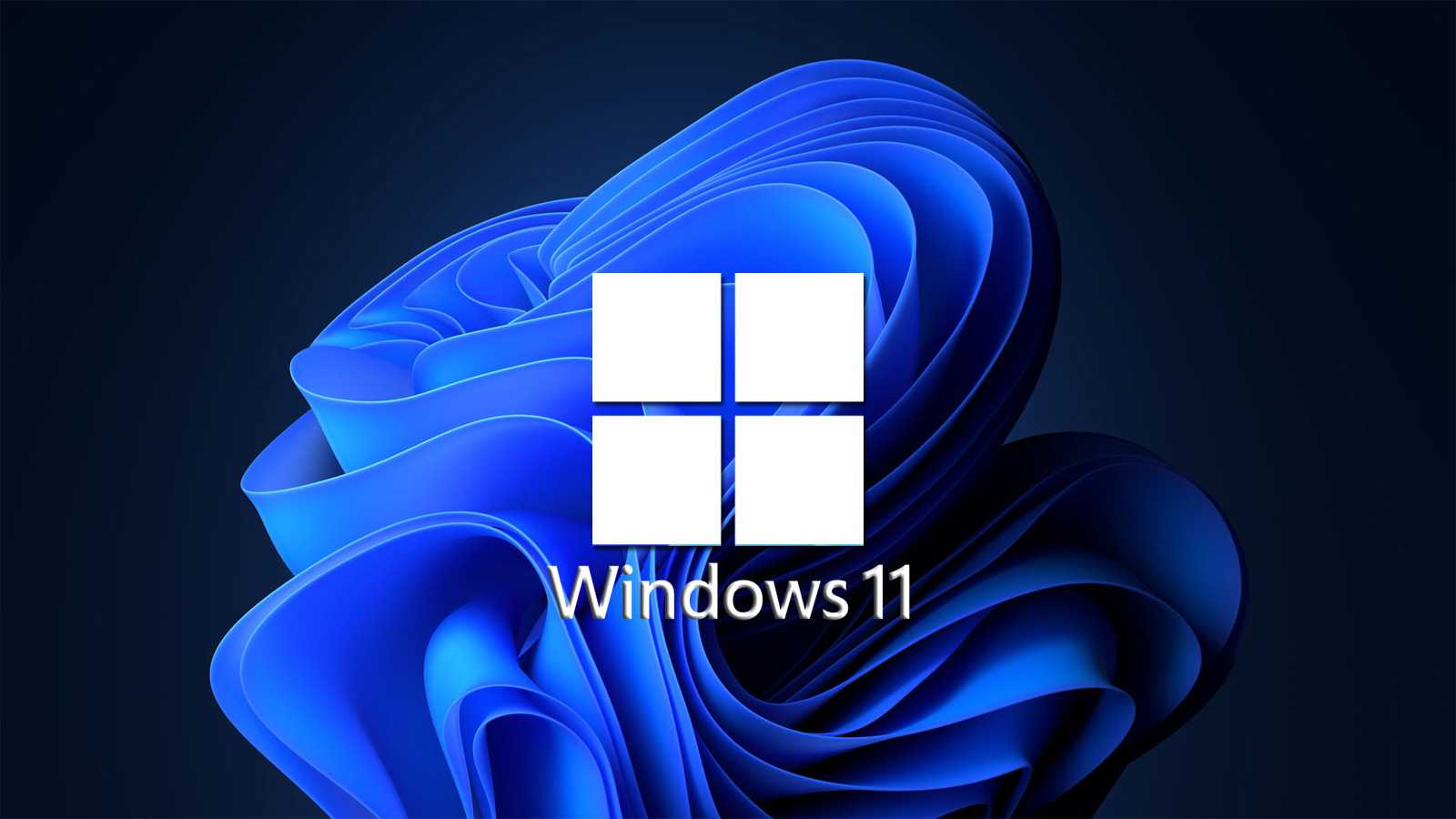
ASUS has released BIOS updates for over two hundred motherboard models to automatically enable the built-in TPM 2.0 security process so that users can upgrade to Windows 11.
To explain what this means, it is important to give a bit of a background on TPMs and why they are required by Windows 11.
The Windows 11 + TPM 2.0 controversy
When Microsoft first announced Windows 11, one of the biggest surprises was the new requirement that computers would need a TPM 2.0 security processor to install or upgrade to the new operating system.
For those unfamiliar with trusted platform modules (TPM), they are a dedicated security processor used to perform hardware-based cryptographic functions to secure encryption keys and prevent tampering with hardware drivers and the boot process.
While some motherboards have dedicated slots that users can install a TPM module, since 2013, Intel and AMD built firmware TPM technology into many of their CPUs that perform the same functionality as a TPM 2.0 processor.
For Intel processors, the built-in TPM 2.0 is called Intel Platform Trust Technology (Intel PTT), and for AMD, it is called AMD Platform Security Processor.
TPM 2.0 processors are now a requirement for Windows 11 as they are used to power many of the security features in the operating system.
"The following Windows features require TPM 2.0: Measured Boot, Device Encryption, WD System Guard, Device Health Attestation, Windows Hello/Hello for Business, TPM Platform Crypto Provider Key Storage, SecureBIO, DRTM, vTPM in Hyper-V," Microsoft told BleepingComputer.
After learning about this requirement, many users were angry, as their hardware that runs Windows 10 flawlessly would no longer work with Windows 11.
While a method to bypass the Windows 11 TPM requirement has been discovered, it will not be an easy task for many.
ASUS BIOS updates automatically enabled TPM 2.0
For owners of compatible CPUs and ASUS motherboards, users can enter a device's BIOS and enable the TPM 2.0 by enabling Intel Platform Trust Technology (Intel PTT) or AMD Platform Security Processor settings.
However, for many people, entering the BIOS and making changes can be a confusing process.
To make it easier for ASUS owners, last week, ASUS announced that they had released new BIOS updates for 207 motherboard models that automatically enable the built-in TPM 2.0 processor on supported CPUs.
To check if your motherboard is supported, you can consult this list of Windows 11 supported ASUS motherboards. If your motherboard is listed, click on the download button to download a ZIP file.
To install the new BIOS, simply extract the zip file, execute the BIOSRenamer.exe program, and follow the instructions.
While performing the BIOS update, do not shut down or reboot your computer until prompted, as it could cause an issue with the operation of your computer.
ASUS states that they continue testing other motherboards for compatibility and will update the list as they finish testing.



Comments
noelprg4 - 2 years ago
I noticed on the list of supported Asus motherboards on their web site that H170/Q170/Z170 chipsets are listed but are currently being tested. while Asus may have issued Win11 compatible BIOS updates to enable TPM 2.0 support, it is still uncertain or unclear if 6th gen & 7th Intel CPUs used on those H170/Q170/Z170 based motherboards will be officially supported in Win11
nickutis - 2 years ago
Why would a developer call update file biosrenamer.exe? :)
GT500 - 2 years ago
That's not the BIOS update file, that just renames the BIOS update so that the motherboard will recognize it. ASUS gives their BIOS update files a more descriptive name in order to make it more obvious which file it the update file, and then you either manually rename it or run the BIOS renamer to rename it for you before you flash it.
GT500 - 2 years ago
As usual, ASUS announced new BIOS updates before actually publishing them... My motherboard, the ASUS ROG Crosshair VIII Hero, is on the list and supports TPM 2.0, however there is no new BIOS update for it beyond the beta BIOS published July 28th.
I swear, when ASUS announces they have "released" new BIOS updates, you have to give them 2-4 weeks after their announcement before the BIOS files even for their current series of motherboards show up on their support site.
GT500 - 2 years ago
ASUS finally published a BIOS update for the Crosshair VIII Hero on the 12th. Three days after they announced they had published the new BIOS updates...
TsofT - 2 years ago
Guess my motherboard didn't make the cut. It's only 8 years old, come on. My primary server doesn't even support TPM at all.
Not that I really have a need to run Windows outside of a VM. I wonder how that is going to work. Is Server 2022 afflicted with these TPM issues?
nicos18 - 2 years ago
The thing that makes me angry is that I have a laptop which has all the minimum requirements, except for the generation of the CPU (I have a 6th generation Intel).
noelprg4 - 2 years ago
that sucks, doesn't it?
what kind of ASUS laptop do you have?
list of Win11 compatible Asus desktop & laptop PCs posted here:
https://www.asus.com/microsite/2021/windows11/device/
oz64 - 2 years ago
i get an issue with my z370-a, new 3004 bios won't let me pass to DiscretTPM, the settigns always remain to FirmwareTPM, try to clear tpm, disable all in advanced>trusted computing, disable secureboot, csm, fastboot, nothing change. Previous Bios 2801, i've no problem to set DiscretTPM.
Someone know how?
noelprg4 - 2 years ago
have you tried downgrading your bios on the z370-a board from 3004 to 2801?
read this:
https://rog.asus.com/forum/showthread.php?101585-downgrade-bios